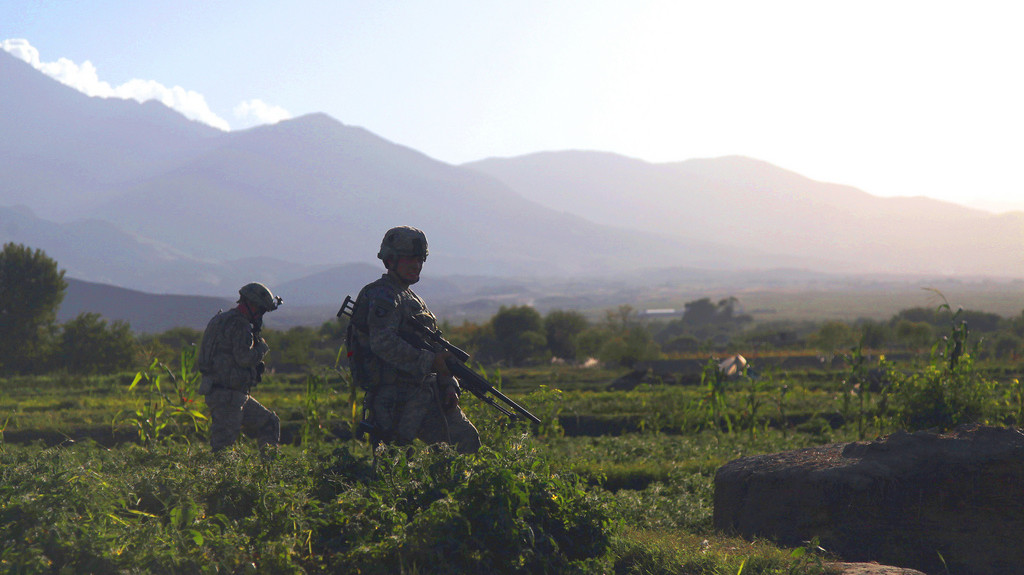The momentous success of the Army Ranger School’s first ever female graduates has allowed the Army to reflect on what exactly held back the 17 women who failed to complete the course.
Their conclusion is that female soldiers had a tougher time excelling at Ranger School because they never had a chance to develop key infantry skills before enrolling.
The military is slowly opening up more jobs to women, but military occupational specialties (MOS) that cultivate infantry skills remain male-dominated. Ranger training places a heavy emphasis on learning to lead patrols, carrying heavy loads and moving forward with little sleep or food. A serviceman who served in infantry, armor or Special Operations Command units will thus enter the school with more experience in the areas necessary to conquer Ranger training.
The two women who graduated Ranger School, Apache pilot 1st Lt. Shaye Haver and military police officer Cpt. Kristen Griest, did not come from an MOS that provided any infantry experience. They were given a five-day course on leading a patrols prior to officially starting Ranger School, but compared to the months and even years of experience of their male colleagues, it isn’t a surprise that they had to be recycled in order to nail down those skills.
Col. William Butler, deputy commandant for the Infantry School at Benning, said that the learning curve is often too steep for non-infantry military members to handle. “These women, and other low-density MOS soldiers, they are not in an infantry organization because they are currently closed, so they don’t have a whole lot of experience with regards to infantry tactics, techniques and procedures.
“So they went to RTAC and they do patrolling for about five days. That’s not a whole lot of time to really understand the expectations, the nuances and the requirements to plan, rehearse, synchronize and execute a patrol.”




































